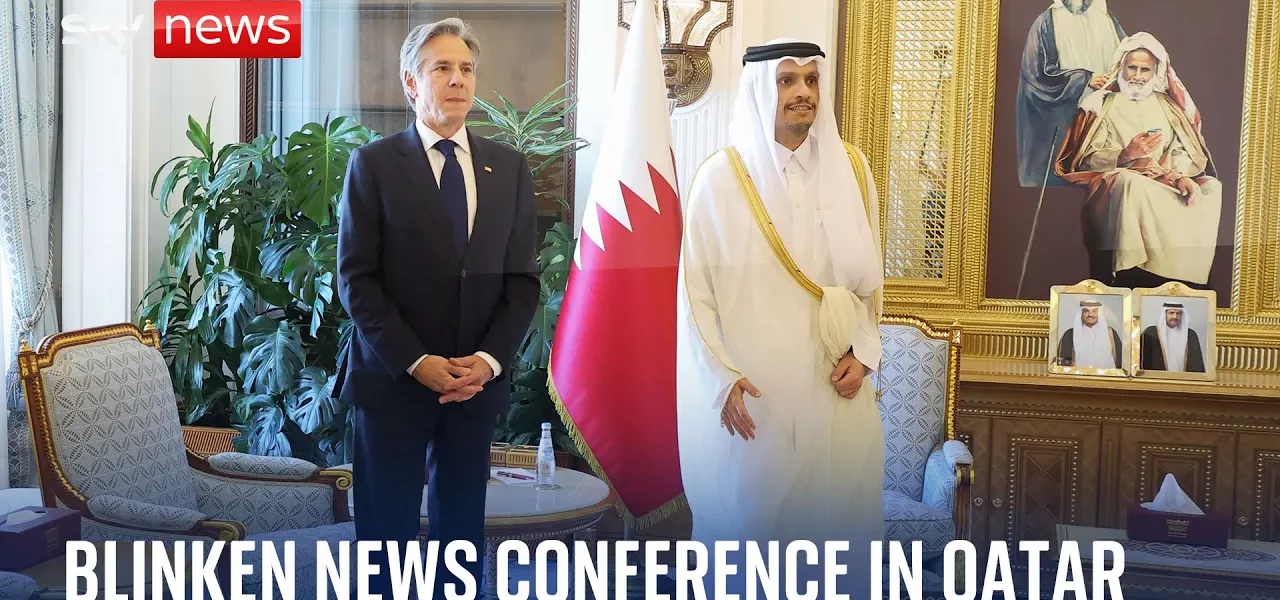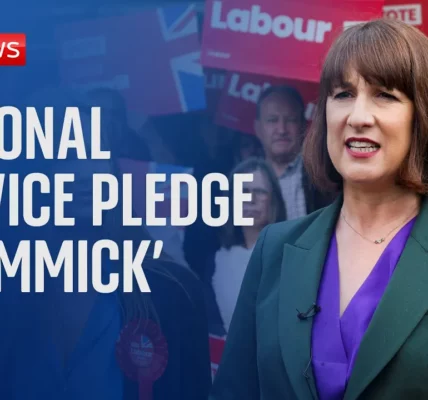In-Depth Analysis of the Gaza Conflict and Ongoing Negotiations

In the wake of the Gaza conflict, a complex web of negotiations involving key players like the United States, Qatar, and Egypt is crucial for achieving a ceasefire and addressing the humanitarian crisis. This article delves into the latest developments, key discussions, and the humanitarian implications of the ongoing conflict.
Introduction
The Gaza conflict, intensified by recent hostilities, has triggered urgent diplomatic efforts to establish a ceasefire and alleviate the humanitarian suffering of civilians. As the situation escalates, international discussions have become paramount to prevent further loss of lives and to restore peace in the region. This article examines the recent meetings, proposals, and the roles of various nations in striving to find a resolution.
Recent Diplomatic Efforts
High-level meetings have been convened to address the pressing issues arising from the conflict. Among the notable attendees were U.S. Secretary of State Antony Blinken and the Prime Minister of Qatar, who engaged in discussions aimed at curbing the violence and establishing a framework for negotiations.
Commitment to Peace
Both leaders emphasized the importance of collaboration among the U.S., Qatar, and Egypt in facilitating dialogue between the conflicting parties. The commitment to finding a resolution that prioritizes humanitarian needs and addresses the root causes of the conflict remains a central theme.
Humanitarian Crisis in Gaza
The humanitarian disaster in Gaza has reached alarming levels, with reports indicating over 37,000 deaths and thousands more injured. The situation demands immediate international attention and action:
- Urgent need for humanitarian aid delivery.
- Efforts to secure a ceasefire to mitigate civilian suffering.
- Long-term strategies for reconstruction and stability.
Key Proposals and Responses
Discussions have revolved around proposals for a ceasefire and the release of hostages, with varying responses from involved parties, particularly Hamas.
U.S. Ceasefire Proposal
The proposal put forth by President Biden includes key elements aimed at addressing both humanitarian needs and security concerns. The primary components involve:
- Immediate ceasefire to halt hostilities.
- Exchange of hostages to foster goodwill.
- Increased humanitarian assistance to Gaza.
Hamas’s Response
Hamas has provided a response that includes requests for amendments to the original proposal. Some of these changes are seen as workable, while others are not, complicating the negotiation process. The challenge lies in bridging the gap between both parties’ positions.
International Support and Collaboration
International support for a peaceful resolution is critical. Various nations and organizations have expressed their backing for the U.S.-led proposal, underscoring the global desire for stability in the region.
Role of Qatar and Egypt
Qatar and Egypt play vital roles as mediators in the conflict. Their historical ties and influence within the region position them uniquely to facilitate dialogue and encourage compliance from both sides.
Humanitarian Aid Initiatives
Efforts to provide humanitarian aid have been ramped up, with Qatar leading initiatives to deliver essential supplies. The international community is urged to support these efforts, ensuring that aid reaches those in desperate need.
Challenges Ahead
Despite the commitment to peace, numerous challenges remain in achieving a sustainable resolution to the conflict.
Political Dynamics
The political landscape is fraught with complexities, including differing objectives among the involved parties. The ongoing violence and political rhetoric can further complicate negotiations.
Continued Violence and Hostility
As the conflict persists, the risk of further escalation looms large. Both leaders have acknowledged the urgent need to de-escalate tensions to prevent a broader regional crisis.
Conclusion
The Gaza conflict remains a pressing humanitarian crisis that necessitates immediate and concerted international action. Diplomatic efforts led by the United States, Qatar, and Egypt are crucial in forging a path toward peace. As discussions continue, it is imperative for the involved parties to prioritize the well-being of civilians and work towards a just and lasting resolution. We invite readers to stay informed about these developments and support humanitarian initiatives aimed at alleviating the suffering of those affected by the crisis.
“`




